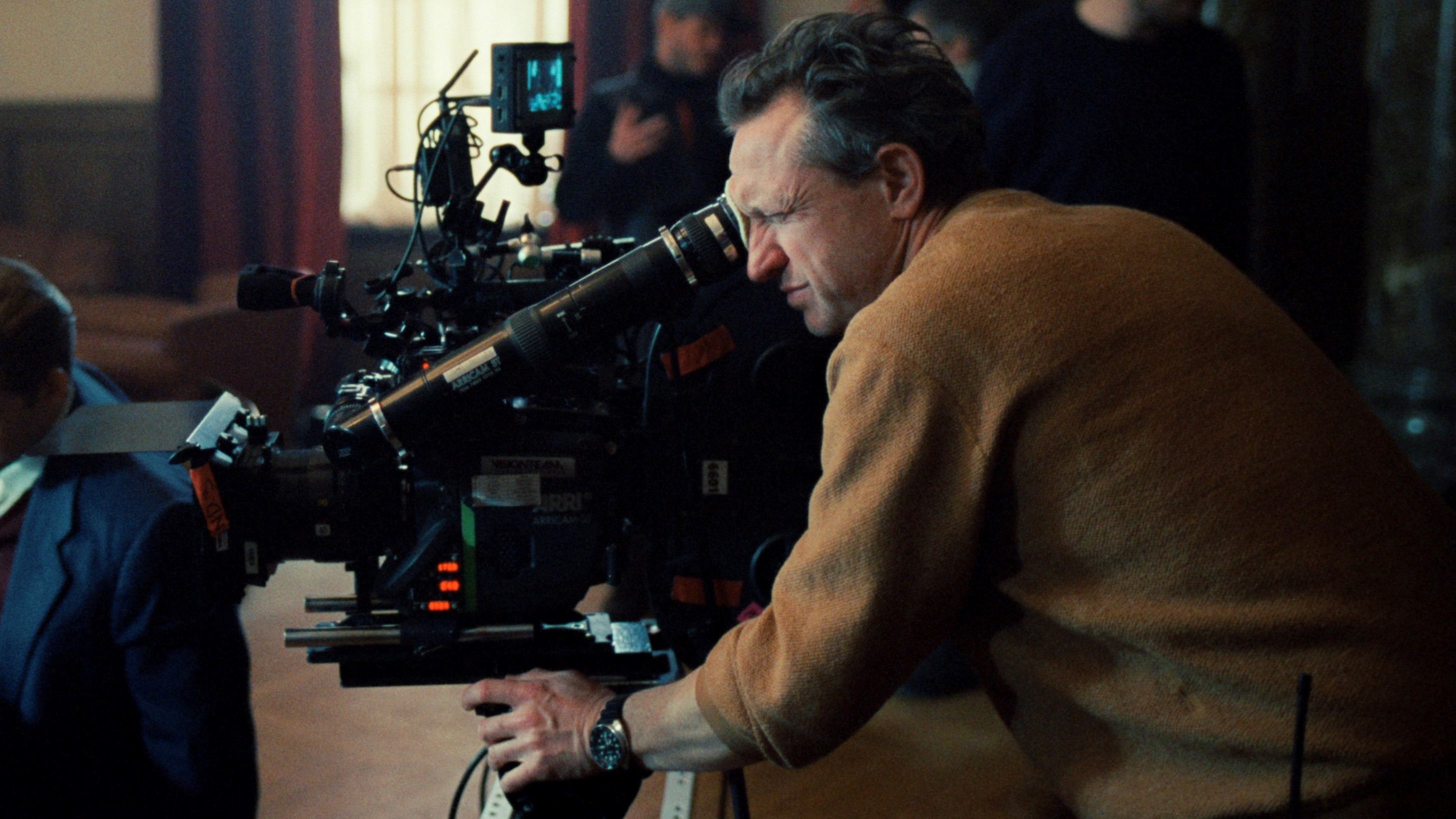Paul Cameron is a distinguished cinematographer who is now making a move into the director’s chair. IBC365 spoke to him about his latest project, Special Ops: Lioness, a military drama for showrunner Taylor Sheridan.
As cinematographer, Paul Cameron ASC, has helped lay the template for the look of modern action films. Collaborations with accomplished directors include: Tony Scott (Man on Fire, Déjà Vu), Len Wiseman (Total Recall), and Dominic Sena (Swordfish, Gone in Sixty Seconds) among others. His cinematography for director Michael Mann’s Collateral (2004) was one of the first major studio films to embrace digital cinematography.
Now he has moved into the director’s chair, helming two episodes of Special Ops: Lioness, the latest series from acclaimed writer/showrunner Taylor Sheridan, starring Zoe Saldana, Nicole Kidman, Michael Kelly and Morgan Freeman.
“After shooting a lot of movies with A list talent I am used to being around high-end actors and functioning in a high-end way,” Cameron told IBC365. “On some films where I’ve been a DP there’s often been more communication between myself and the actors then they had with the director. So, I feel comfortable speaking with actors about performance.”
He said he learned about...
You are not signed in.
Only registered users can view this article.

Behind the scenes: The Brutalist
Cinematographer Lol Crawley finds the monumental visual language to capture an artform that is essentially static.

Behind the scenes: Bringing live deepfakes to the fore in Here
The breakthrough in the making of Here was not the authenticity of a de-aged Tom Hanks, but that the face-swapping technique could be achieved live on set.

Behind the Scenes: Disclaimer
For all the slippery perspectives in psychological thriller Disclaimer, the truth is lying in plain sight, explains Editor Adam Gough.
Behind the Scenes: Conclave
Mystery, suspense and a game of thrones in the Vatican lensed by cinematographer Stéphane Fontaine.
, Director Jon M. Chu, and Ariana Grande (as Glinda) on the set of Wicked.jpg)
Behind the Scenes: Wicked
Opposing colours in the same frame, 6000 lightning cues and shooting 17 sound stages - one the size of four American football fields, all merit why Wicked is the ‘latest hurrah to the golden days of epic studio filmmaking,’ writes Adrian Pennington.



